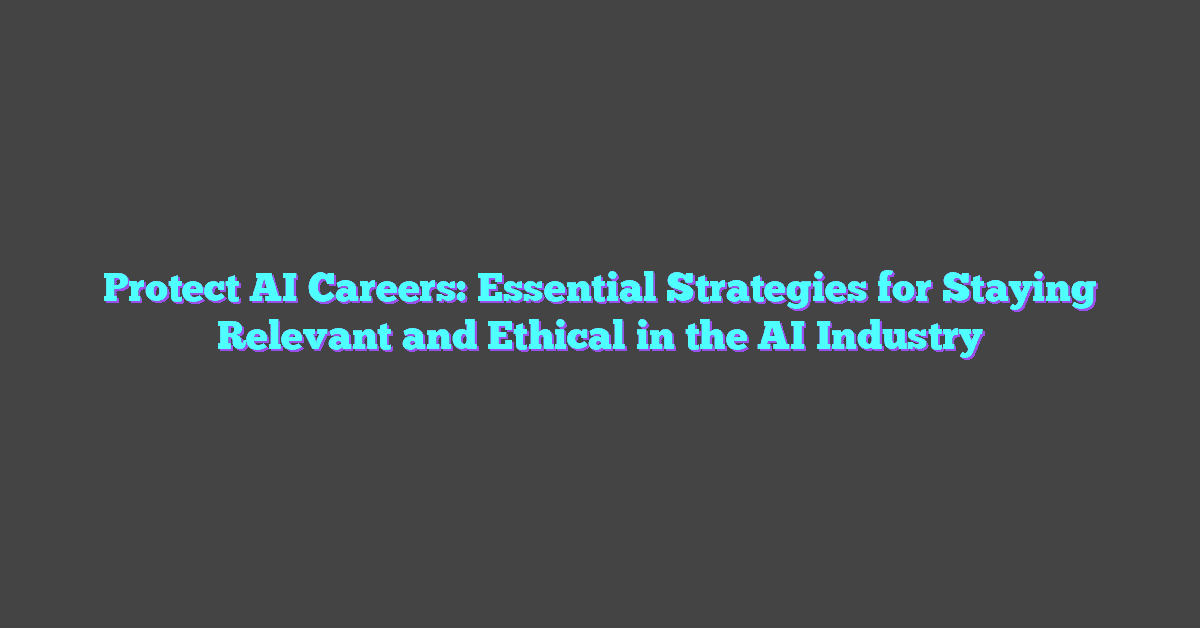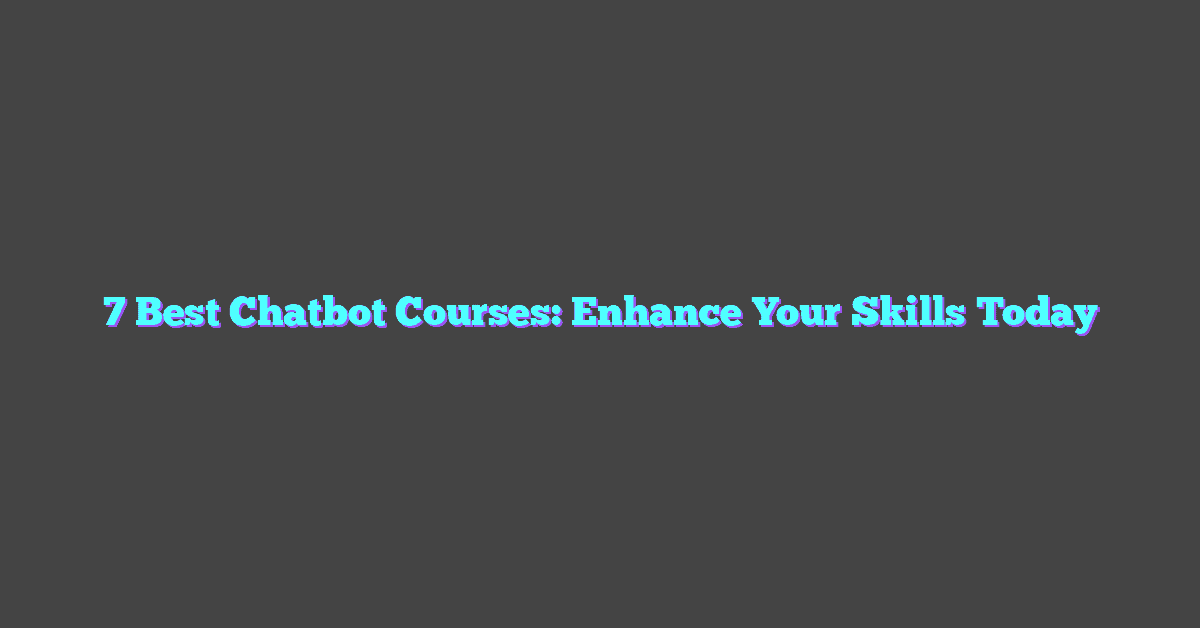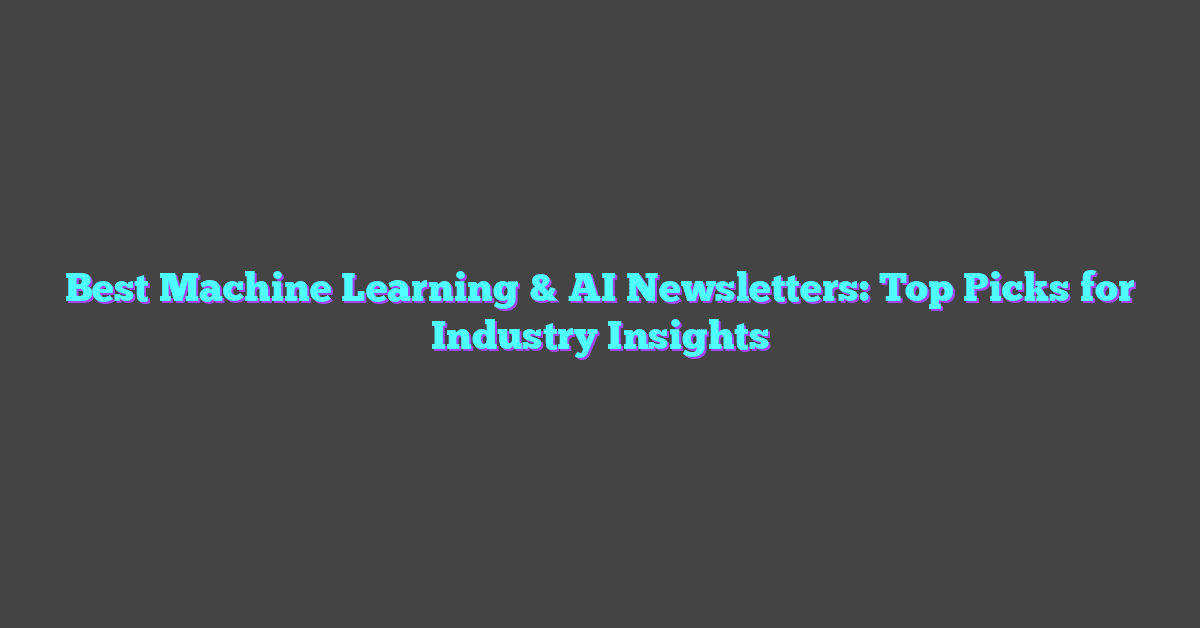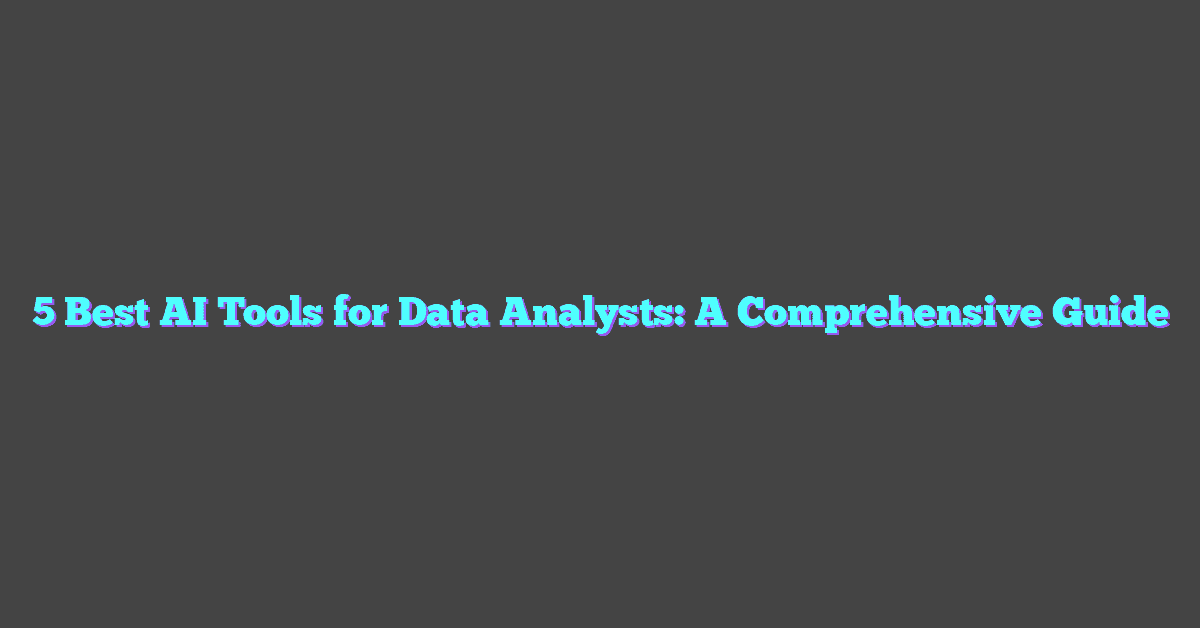In today’s rapidly evolving tech landscape, artificial intelligence (AI) is revolutionizing industries and creating exciting new career opportunities. However, with these advancements come challenges, particularly the need to safeguard AI careers against obsolescence and ethical dilemmas.
For professionals in AI, staying ahead means not just mastering technical skills but also understanding the broader implications of their work. By focusing on continuous learning and ethical practices, they can ensure their careers remain resilient and impactful in an ever-changing world.
The Growing Importance of AI in Various Industries
AI is revolutionizing multiple industries, creating a significant impact on job markets and providing numerous opportunities for career growth. By integrating AI and machine learning, industries are enhancing efficiency and innovation.

Impact on Job Markets
AI introduces transformative changes to job markets. Many tasks previously requiring manual labor are now automated. For instance, in manufacturing, AI-powered robots increase production line efficiency. Healthcare sees improvements with AI-driven diagnostics enhancing patient care. These technological advances lead to a shift in skill requirements, increasing the demand for AI and machine learning expertise.
Authorities predict substantial job displacement in some sectors by 2030 due to automation, yet new roles are emerging. Data from the World Economic Forum suggests that while 85 million jobs may be displaced, 97 million new roles aligned with AI and digital transformation will be created. Staying informed about evolving AI trends is crucial for professionals to remain competitive.
Opportunities for Career Growth
Numerous opportunities for career growth arise within AI. AI specialists can find roles in research, development, and deployment of machine learning algorithms across diverse industries. In finance, AI algorithms predict market trends and manage risks. In retail, AI enhances customer experiences through personalized recommendations.
Educational qualifications, such as a degree in computer science or AI, bolster career prospects. Popular online courses like those from Coursera and edX provide valuable certifications. Gaining expertise in programming languages like Python and frameworks like TensorFlow is advantageous.
Networking within the AI community is essential. Engaging in forums, attending conferences, and collaborating on projects allow professionals to share knowledge and stay updated on industry advancements. This proactive approach fosters continuous learning and career development.
Key Skills Required for a Career in AI
A career in AI demands a blend of technical and soft skills to excel in the rapidly advancing field. Employees need to stay updated on evolving trends and developments in AI and machine learning.
Technical Skills
Programming Languages: Knowledge of programming languages like Python, R, and Java is essential. These languages enable implementation of machine learning models and data manipulation tasks.
Mathematics and Statistics: A strong foundation in linear algebra, calculus, probability, and statistics is crucial. Algorithms in AI rely on these mathematical principles for functionality.
Machine Learning Algorithms: Understanding various types of machine learning algorithms, including supervised, unsupervised, and reinforcement learning, is fundamental.
Data Visualization: Skills in data visualization tools like Tableau, Matplotlib, and Seaborn help in interpreting and presenting insights derived from AI models.
Big Data Technologies: Familiarity with Hadoop, Spark, and other big data technologies is important for handling large datasets and performing distributed computing tasks.
Soft Skills
Problem-Solving: The ability to approach complex problems methodically and creatively is vital for developing innovative AI solutions.
Communication: Clear communication skills are essential for explaining AI concepts and results to stakeholders who may not have technical backgrounds.
Collaboration: Working collaboratively within a team environment enhances the development process and integrates diverse perspectives.
Continuous Learning: A commitment to continuous learning helps professionals stay ahead in a field that is rapidly evolving and highly competitive.
Adaptability: Being adaptable allows AI professionals to quickly adjust to new tools, technologies, and methodologies in a dynamic work environment.
Challenges in AI Careers
AI careers offer incredible opportunities but come with challenges that professionals must navigate.
Job Security Concerns
AI’s rapid evolution raises job security concerns. Automation’s potential to replace jobs across industries is significant. While AI creates new roles, it also makes some positions redundant. Professionals need to adapt to these changes by continuously acquiring new skills. The World Economic Forum predicts that by 2025, automation could displace 85 million jobs but also generate 97 million new roles, emphasizing the need for upskilling.
Ethical Considerations
Ethical considerations in AI careers are paramount. AI professionals must ensure their work adheres to ethical guidelines to avoid biases and discrimination. A notable example is facial recognition technology, which has shown biases against certain racial groups. Regulations, transparency, and accountability are crucial to maintaining ethical standards in AI development and deployment. Additionally, professionals must be aware of data privacy issues and ensure compliance with laws like GDPR to protect user data.
These details incorporate the contextual vectors of job security and ethical considerations within AI careers, ensuring a comprehensive overview of the challenges professionals face in this field.
Strategies to Protect AI Careers
Protecting careers in artificial intelligence (AI) requires proactive strategies that address skill development and ethical considerations. These strategies ensure professionals remain relevant as AI evolves.
Continuous Learning and Skill Development
Continuous learning ensures AI professionals remain competitive in the job market. They should engage in online courses, certifications, and workshops focusing on advanced algorithms, programming languages, and data science. For example, platforms like Coursera and edX offer specialized courses in machine learning and deep learning.
Joining AI-focused forums and communities, such as AI Stack Exchange or Kaggle, enables professionals to stay updated on the latest industry trends. Networking at conferences like NeurIPS or AI Expo enhances knowledge-sharing and exposes professionals to new research and industry practices.
Hands-on projects, such as developing predictive models or working on open-source AI projects, cement theoretical knowledge with practical experience. These projects strengthen problem-solving skills and technical proficiency, which employers value.
Advocacy for Ethical AI Practices
Advocating for ethical AI practices safeguards careers by ensuring technologies are responsibly deployed. Professionals should adhere to guidelines from organizations like the IEEE Global Initiative on Ethics of Autonomous and Intelligent Systems. These guidelines emphasize accountability, transparency, and data privacy.
Engaging in ethical training and workshops informs AI professionals about best practices in mitigating biases and discrimination in AI models. This knowledge is crucial as ethical lapses can lead to reputational damage and legal consequences.
Collaborating with interdisciplinary teams, including ethicists and sociologists, helps integrate diverse perspectives into AI developments. This collaboration fosters more inclusive and equitable AI solutions, aligning with societal values and regulatory requirements.
Participating in policy discussions and contributing to standard-setting bodies can influence AI governance and ethical standards. These activities demonstrate a commitment to responsible AI, positioning professionals as leaders in ethical AI development.
Conclusion
AI careers are evolving rapidly, and staying ahead means embracing continuous learning and ethical practices. By engaging in online courses, hands-on projects, and ethical training, professionals can ensure they’re well-equipped for the future. Collaborating with diverse teams and participating in policy discussions also play a vital role in responsible AI development. These proactive steps will help AI professionals remain relevant and contribute positively to the industry.
Frequently Asked Questions
How is artificial intelligence transforming industries?
AI is transforming industries by automating tasks, optimizing processes, and creating new career opportunities. Industries benefit from improved efficiency, accuracy, and innovation driven by AI technologies.
What impact does AI have on the job market?
AI impacts the job market by creating new roles focused on AI development and maintenance while also automating repetitive tasks. This shift can lead to job displacement but also opens up opportunities for roles requiring advanced technical and soft skills.
Why is staying updated on AI trends important?
Staying updated on AI trends is crucial for career growth and competitiveness. It helps professionals adapt to new technologies, understand industry shifts, and seize emerging job opportunities in the AI field.
What skills are essential for a career in AI?
Essential skills for a career in AI include technical skills like programming and data analysis, alongside soft skills such as critical thinking, creativity, and effective communication.
What challenges do AI careers face?
AI careers face challenges including job security concerns due to automation and ethical dilemmas related to AI development and deployment. Addressing these issues is crucial for sustainable career growth.
How can professionals protect their AI careers?
Professionals can protect their AI careers by engaging in continuous learning through online courses, gaining hands-on project experience, and keeping up with the latest industry trends and technologies.
Why is advocating for ethical AI practices important?
Advocating for ethical AI practices ensures responsible development and deployment of AI technologies. It involves adhering to ethical guidelines, participating in training, and contributing to policy discussions to address potential social and ethical issues.
What strategies can be used to ensure ethical AI development?
Strategies for ethical AI development include interdisciplinary collaboration, transparent communication, adherence to ethical guidelines, ongoing training, and active participation in policy-making processes.
How can continuous learning benefit AI professionals?
Continuous learning benefits AI professionals by keeping their skills up-to-date, increasing adaptability to technological advancements, and enhancing their ability to contribute effectively to innovative projects.
What role do interdisciplinary teams play in AI?
Interdisciplinary teams bring diverse perspectives, fostering innovation and ensuring that AI solutions are well-rounded and ethically sound. Collaboration across various fields helps address complex challenges and enhances AI development.




